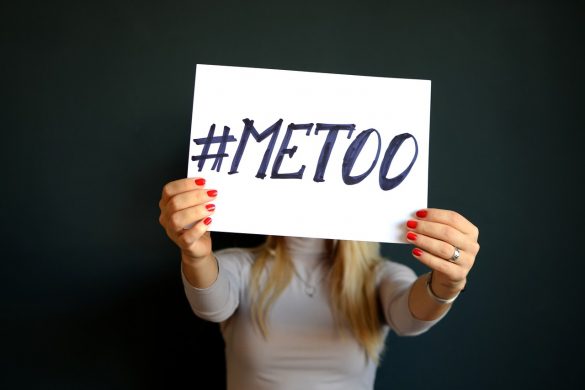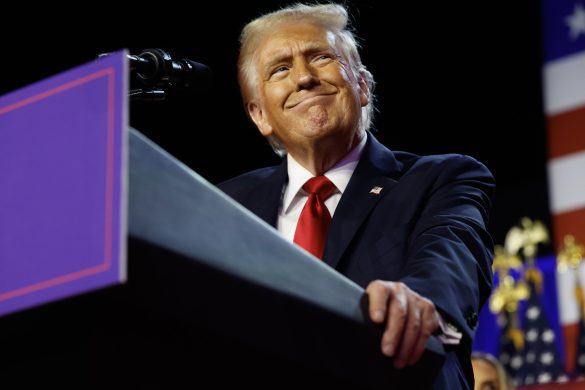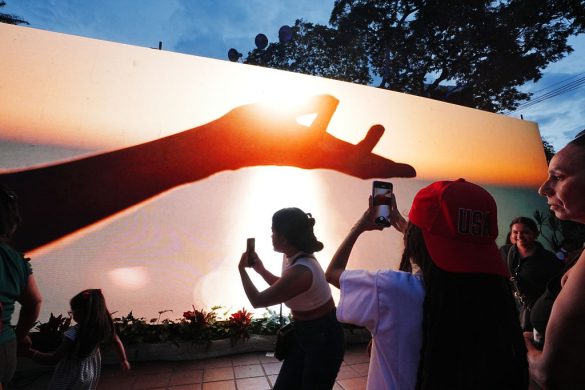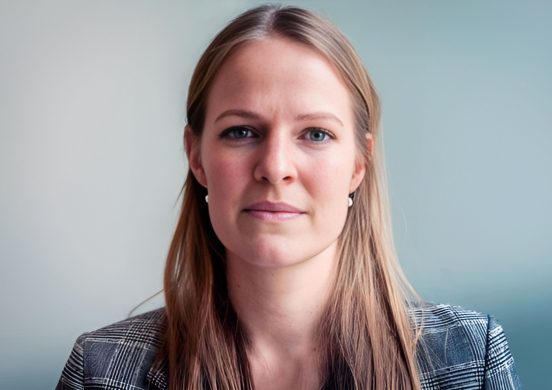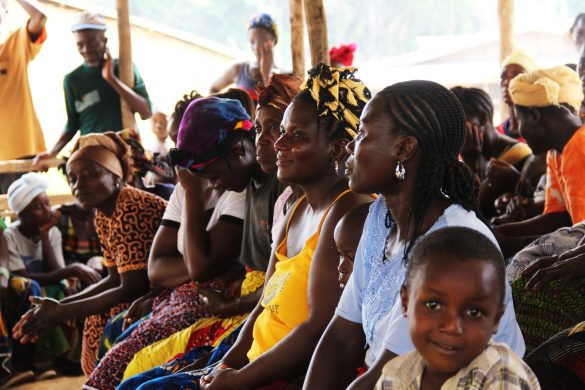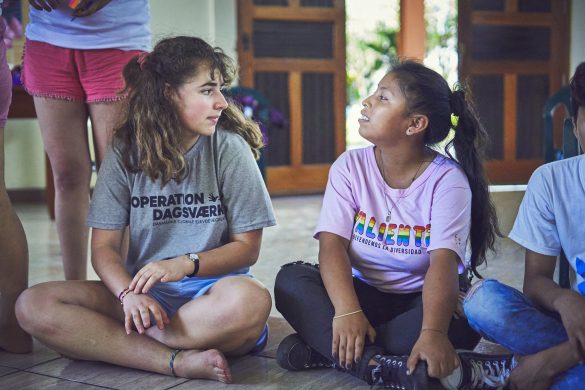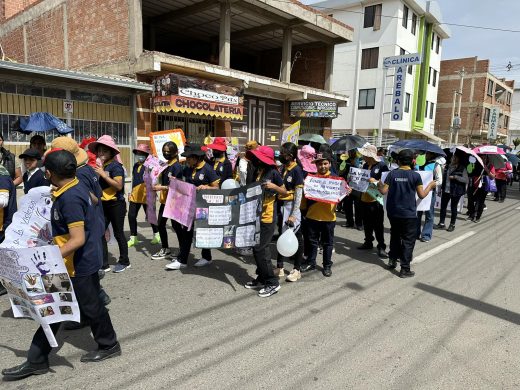The #MeToo campaign that encourages women to speak up about their experiences of sexual assault harassment has been a catalyst for such accusations across political, professional and geographic spectrums.
An especially powerful and controversial trend in this moment is one among people who have created public lists of accused perpetrators of sexual misconduct.
On 24 October 2017, a law student in the US published just such a list on Facebook. Raya Sarkar, a Singaporean national who is studying law in the US, published the names of 58 academicians at 29 universities, mostly in India, who students accused of sexual harassment or assault.
Sarkar, who prefers the pronouns they/them, crowdsourced the list through their friends and networks, and collected evidence from each victim in order to verify their allegations.
The published list has been seen by many as an attempt to pull back the curtain and speak openly about the issue of sexual harassment in India’s academic sector. In an interview with BBC, Raya Sarkar explained that this initiative was an attempt at making friends and colleagues wary of the people who have a history of sexual misconduct. The aim, they said, was just to help people feel safe.
Læs hele artiklen hos Global Voices

